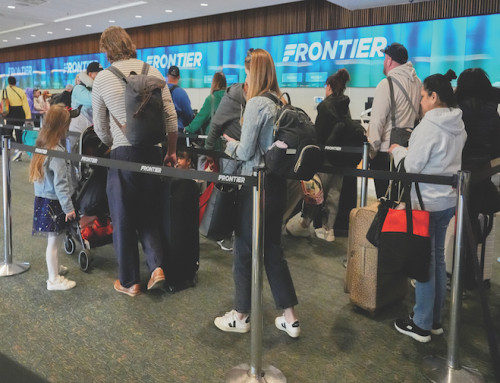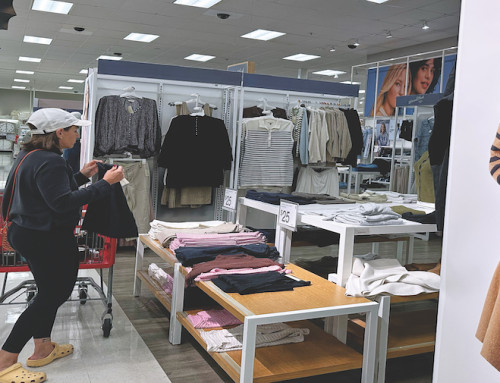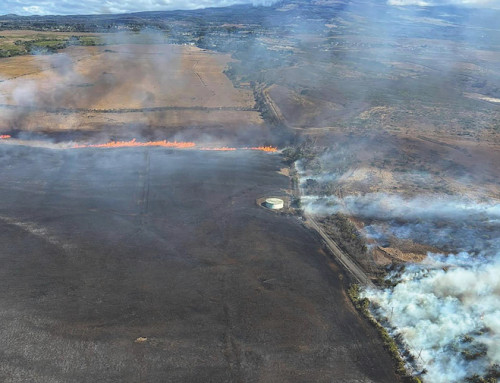WASHINGTON (AP) — The Trump administration has announced that it has reached trade frameworks with Argentina, Ecuador, El Salvador and Guatemala.
The frameworks are about increasing the ability of American firms to sell industrial and agricultural products in these countries, according to a senior administration official who insisted on anonymity as a condition for briefing reporters on a call about the agreements.
The White House also released statements on the frameworks, which have yet to be finalized and are expected to be signed within approximately two weeks.
It’s all part of a broader effort by President Donald Trump to rewrite the rules of global commerce through the use of broad tariffs.
President Javier Milei of Argentina hailed his country’s first bilateral trade framework with the United States in nearly a decade as “tremendous news.”
“As you can see, we are strongly committed to making Argentina great again,” he said.
The frameworks touch on an array of subjects, including efforts to reduce nontariff barriers and cut tariffs to 0 percent on American-made goods as well as commitments to not impose digital services taxes on American companies.
There would also be tariff relief on select products from these countries. For example, import licenses in these countries would be eliminated and streamlined, while nations would agree to resolve issues on intellectual property rights.
Under the tariffs previously announced at the end of July by Trump, goods imported from Argentina, El Salvador and Guatemala are taxed at 10 percent, as the U.S. runs a trade surplus with each of those countries.
Products from Ecuador, with which America runs a trade deficit, are taxed at 15 percent.
Guatemala President Bernardo Arévalo called the framework “good news” and said his country would be in a position to attract new investments.
He said that 70 percent of the products Guatemala exports to the U.S. will face zero tariffs under the framework, as exclusions are granted for goods the U.S. is unable to make. All other goods would still be subject to the 10 percent tariff.
The U.S. senior administration official said that tariffs in these nations could be reduced on coffee, cocoa and bananas.
Treasury Secretary Scott Bessent and Trump have each suggested that the tariffs are being relaxed as affordability issues are a key concern for voters.








